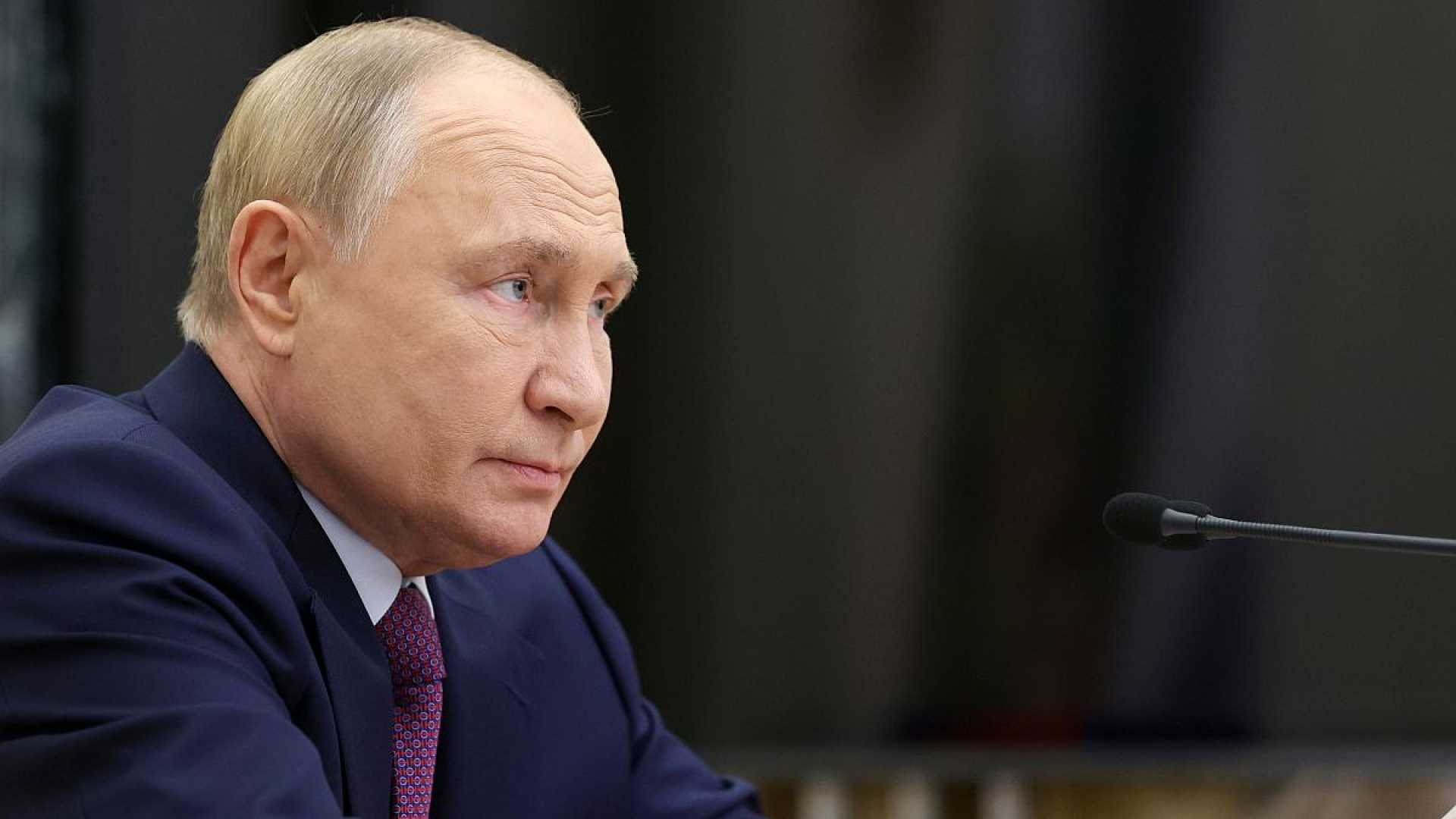News
Putin Warns of Nuclear Retaliation Under Revised Doctrine

Russian President Vladimir Putin has declared potential nuclear retaliation if Russia is attacked with conventional weapons, reflecting the latest modifications to the nation’s nuclear strategy. This announcement was made during a televised session of Russia’s Security Council on Wednesday. Putin emphasized that an assault on Russia by a non-nuclear power, supported or backed by a nuclear state, would be seen as a collective attack on the Russian Federation.
In outlining the revised doctrine, President Putin stated, “We will consider such a possibility when we receive reliable information about a massive launch of air and space attack assets and them crossing our state border,” highlighting various attack forms, including strategic and tactical aircraft and hypersonic vehicles. Kremlin spokesman Dmitry Peskov reinforced this stance, describing it as a “definite signal” to Western nations.
On Thursday, European Union officials condemned Putin’s declarations, with EU foreign policy spokesman Peter Stano labeling the move as “reckless and irresponsible.” The statements have been interpreted as a reaction to deliberations among Ukraine’s Western allies about supplying Kyiv with longer-range weaponry that could target sites deep inside Russia.
Despite these developments, Ukraine’s leadership has dismissed the threats. Andriy Yermak, chief of staff to Ukrainian President Volodymyr Zelenskyy, referred to Putin’s statements as mere “nuclear blackmail,” urging Western powers to disregard them.
Russia’s nuclear policy, last updated in a 2020 decree, permits nuclear use in self-defense scenarios, specifically if the state faces a nuclear attack or a critical existential threat posed by conventional means. The revised document redefines these criteria more explicitly, underscoring situations like a massive aerial assault as potential triggers for nuclear response.
The modifications to the doctrine arrive amid ongoing discussions in the West about aiding Ukraine with longer-range missiles and after previous threats made by Putin. Analysts, including those from the Institute for the Study of War and RAND Corporation‘s Samuel Charap, have cautioned about the implications of lowering the bar for nuclear use.
This strategic adjustment also extends nuclear protection to Belarus, whose President Alexander Lukashenko, a close ally of Putin, has permitted Russia to station some of its tactical nuclear weapons on Belarusian soil.
The timing of these announcements coincides with a critical juncture in international discussions, as reflected in President Zelenskyy’s address to the UN General Assembly, continuing to lobby for greater Western military support.












